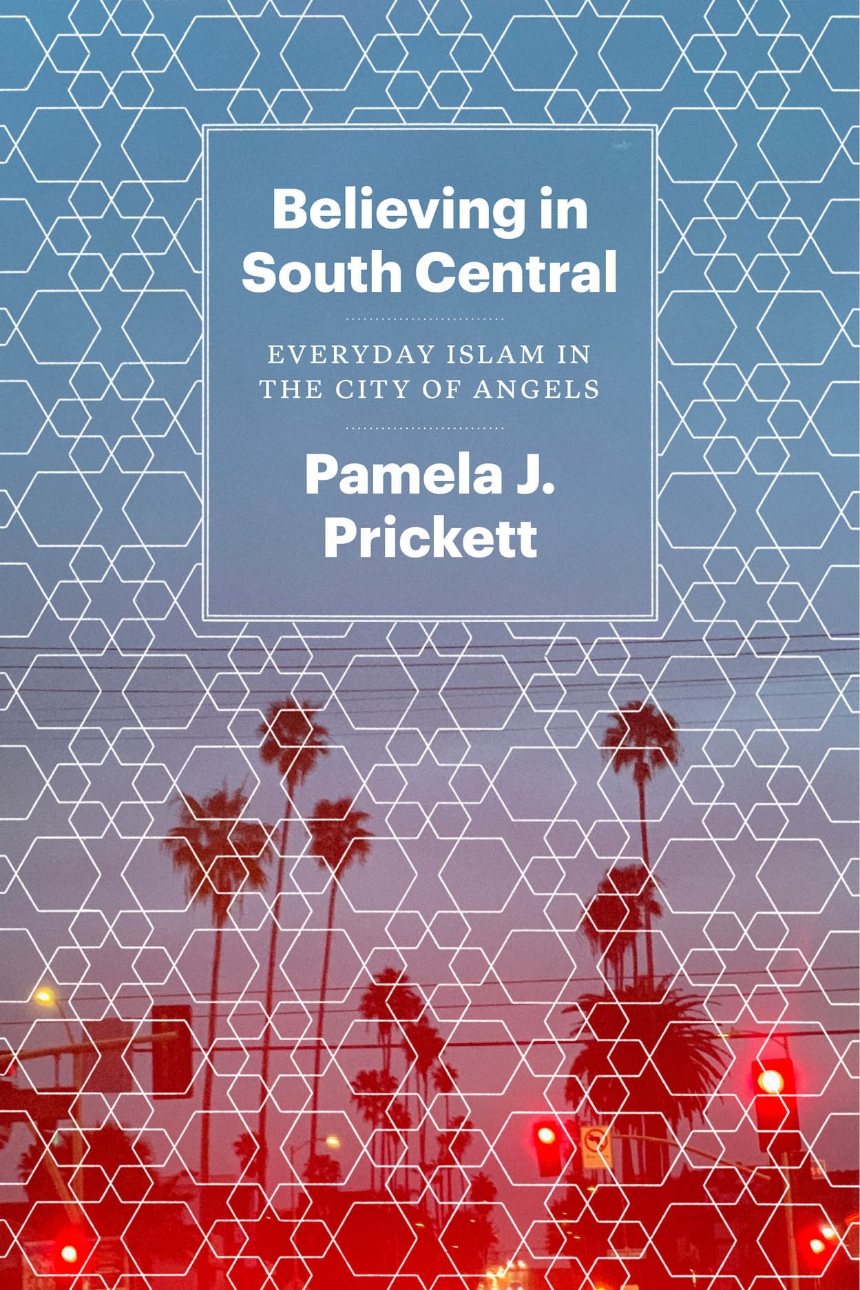Believing in South Central
Everyday Islam in the City of Angels
9780226747286
9780226747149
9780226747316
Believing in South Central
Everyday Islam in the City of Angels
The area of Los Angeles known as South Central is often overshadowed by dismal stereotypes, problematic racial stigmas, and its status as the home to some of the city’s poorest and most violent neighborhoods. Amid South Central’s shifting demographics and its struggles with poverty, sociologist Pamela J. Prickett takes a closer look, focusing on the members of an African American Muslim community and exploring how they help each other combat poverty, job scarcity, violence, and racial injustice. Prickett’s engaging ethnography relates how believers in this longstanding religious community see Islam as a way of life, a comprehensive blueprint for individual and collective action, guiding how to interact with others, conduct business, strive for progress, and cultivate faith.
Prickett offers deep insights into the day-to-day lived religion of the Muslims who call this community home, showing how the mosque provides a system of social support and how believers deepen their spiritual practice not in spite of, but through, conditions of poverty. Prickett breaks past the stigmas of urban poverty, revealing a complex and vibrant community by telling the stories of longstanding residents of South Central—like Sister Ava, who offers food to the local unhoused people and finds the sacred in her extensive DVD collection. In addition to her portraits of everyday life among Muslims in South Central, Prickett also provides vivid and accessible descriptions of Ramadan and histories of the mosque, situates this community within the larger story of the Nation of Islam, explores gender issues, and unpacks the interaction between African American Muslims and South Asian and Arab American Muslims, revealing both the global and local significance of this religious tradition.
Prickett offers deep insights into the day-to-day lived religion of the Muslims who call this community home, showing how the mosque provides a system of social support and how believers deepen their spiritual practice not in spite of, but through, conditions of poverty. Prickett breaks past the stigmas of urban poverty, revealing a complex and vibrant community by telling the stories of longstanding residents of South Central—like Sister Ava, who offers food to the local unhoused people and finds the sacred in her extensive DVD collection. In addition to her portraits of everyday life among Muslims in South Central, Prickett also provides vivid and accessible descriptions of Ramadan and histories of the mosque, situates this community within the larger story of the Nation of Islam, explores gender issues, and unpacks the interaction between African American Muslims and South Asian and Arab American Muslims, revealing both the global and local significance of this religious tradition.
192 pages | 1 table | 6 x 9 | © 2021
Anthropology: Cultural and Social Anthropology
Religion: Islam, Religion and Society
Sociology: Race, Ethnic, and Minority Relations
Reviews
Table of Contents
Introduction: Living a Muslim Way of Life in South Central
Chapter One: “Our Test Is Living a Community Life”
Chapter Two: “Don’t Move. Improve”
Chapter Three: “Money Is Funny”
Chapter Four: “Why Not Just Use a Cucumber!”
Chapter Five: “That’s What They Think of Us”
Conclusion: “Allahu Akbar”
Methods Appendix
Acknowledgments
Notes
References
Index
Chapter One: “Our Test Is Living a Community Life”
Chapter Two: “Don’t Move. Improve”
Chapter Three: “Money Is Funny”
Chapter Four: “Why Not Just Use a Cucumber!”
Chapter Five: “That’s What They Think of Us”
Conclusion: “Allahu Akbar”
Methods Appendix
Acknowledgments
Notes
References
Index
